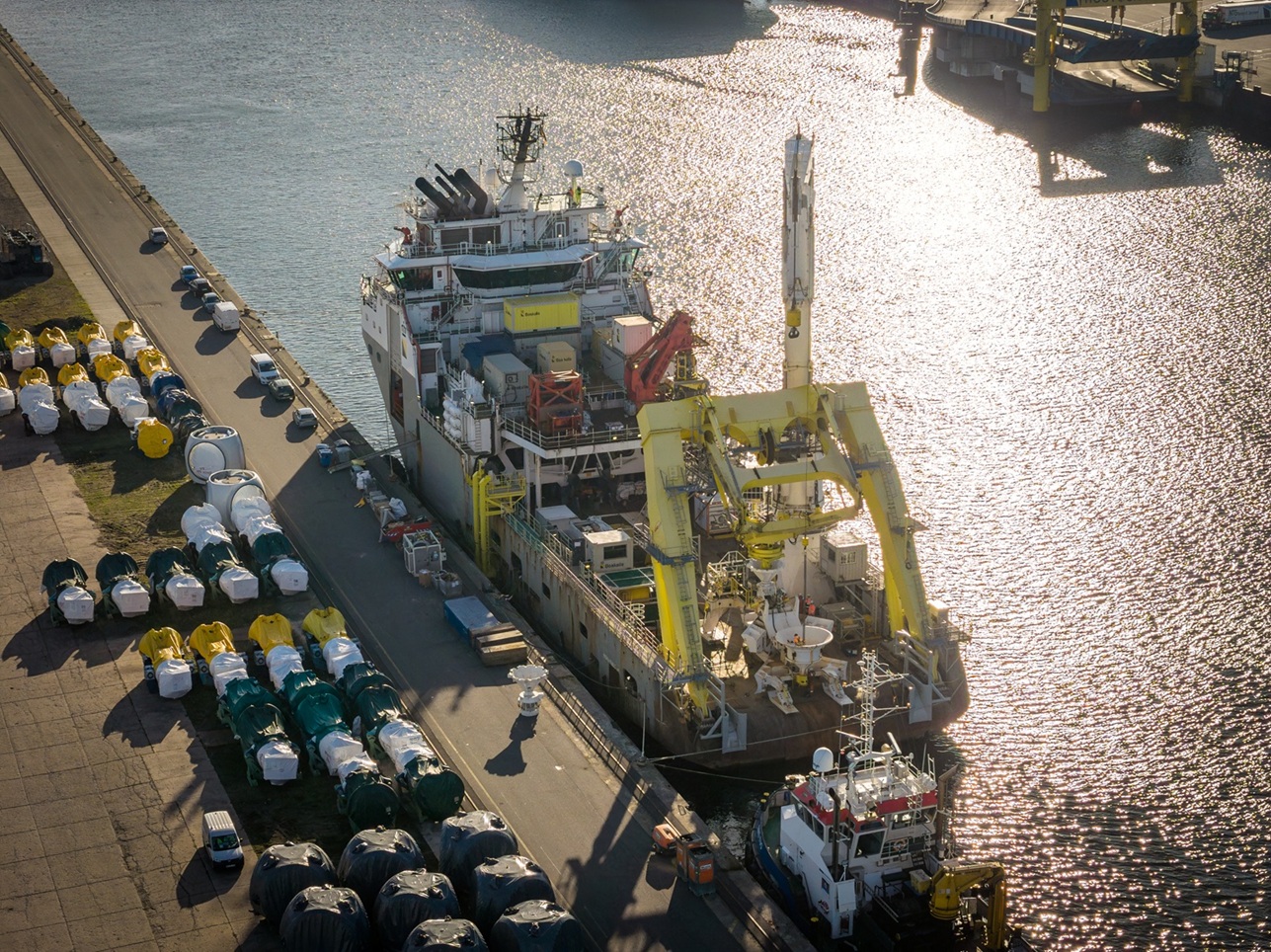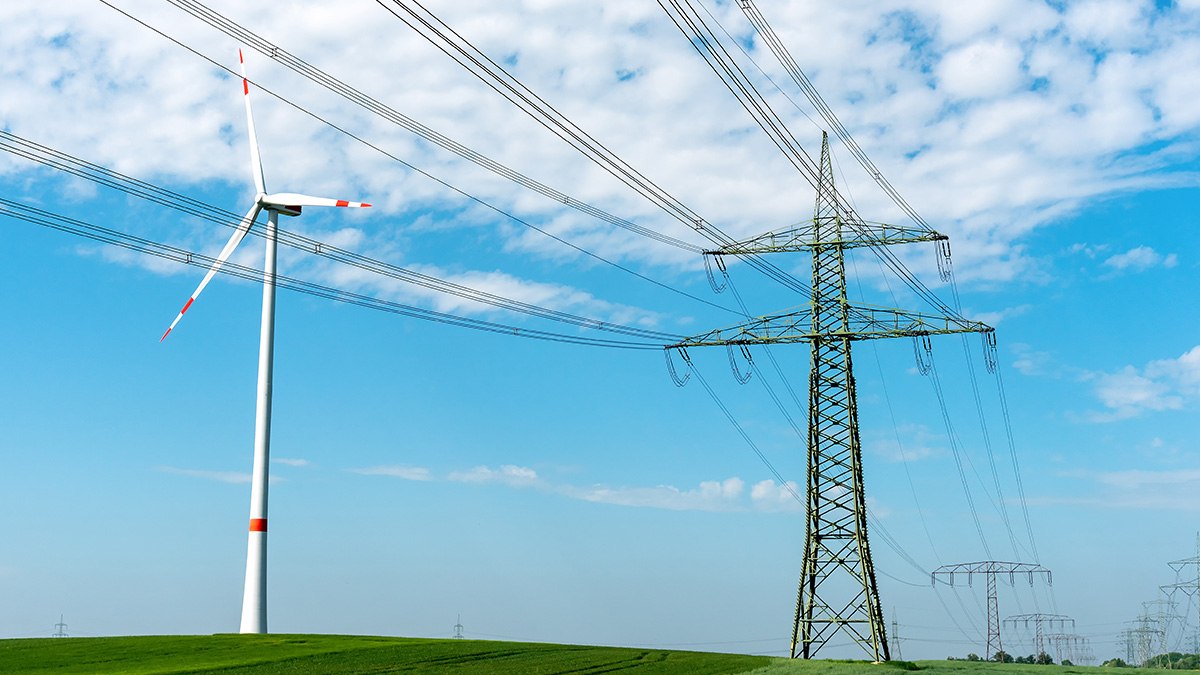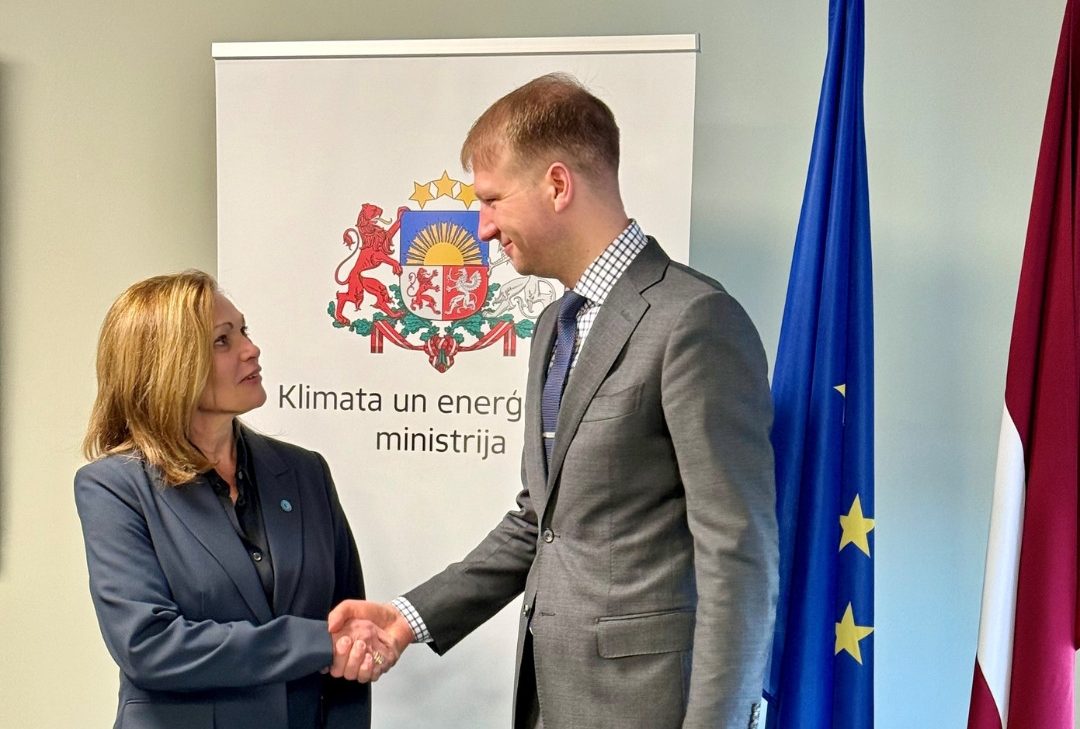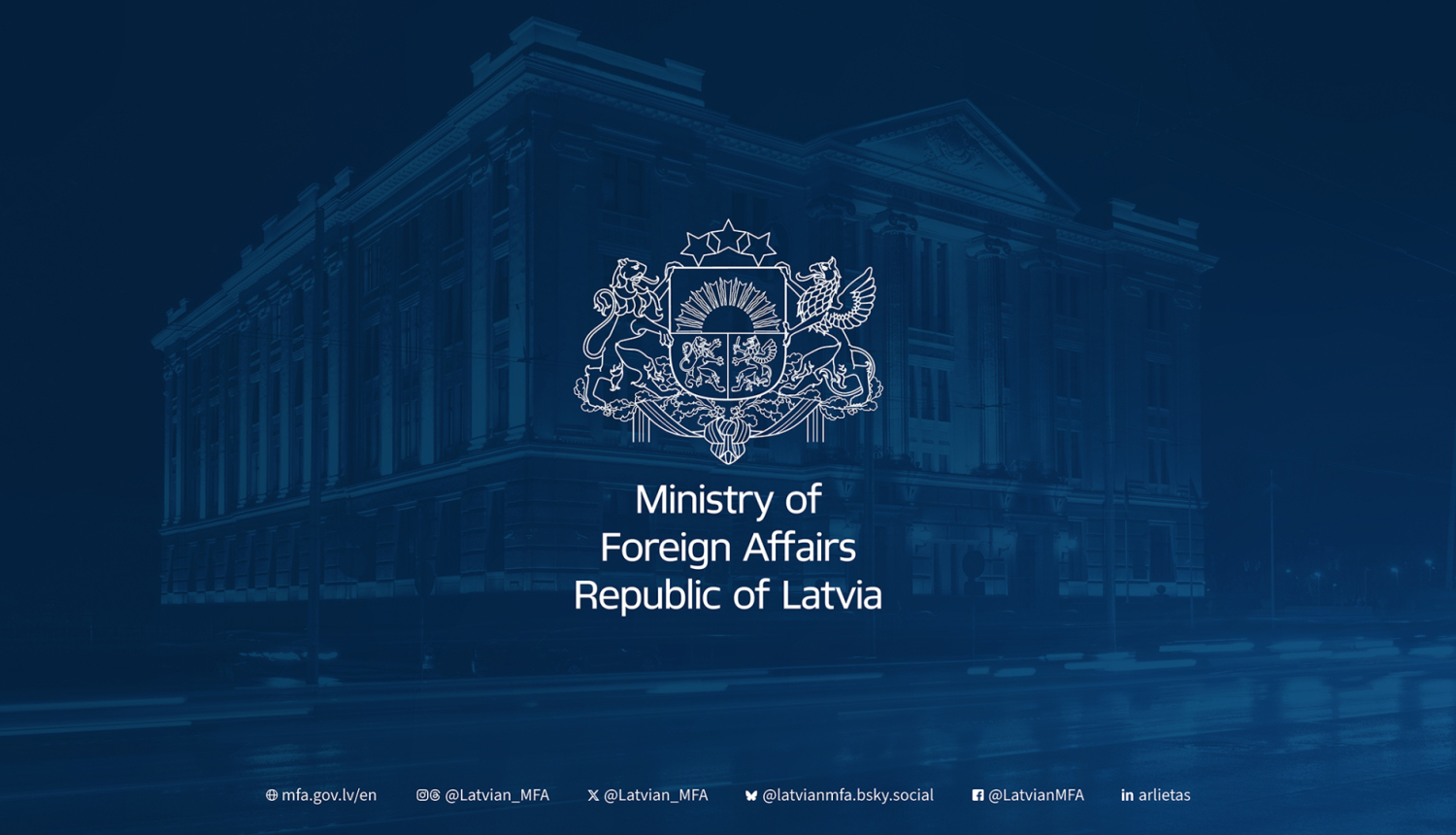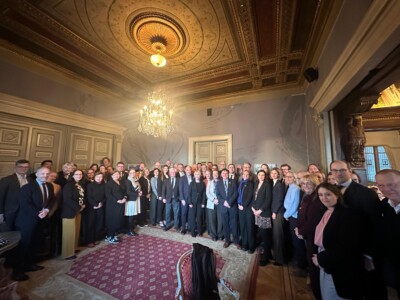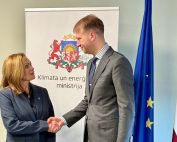In the wake of Russia’s military aggression against Ukraine, the operators of the Baltic transmission systems – Augstsprieguma tīkls of Latvia, Litgrid of Lithuania, and Elering of Estonia – have agreed to limit the total capacity of electricity imports from Russia.
As we read in the announcement of one of the operators, in order to reduce the risk of possible negative impact on the reliability and stability of the Baltic electricity transmission systems, the transmission system operators agreed to reduce the total capacity of electricity imports from Russia to the Baltic States.
The agreement stipulates that as of 3 March 2022, the total electricity import capacity from Russia to the Baltics will be limited to 300 MW, with a separate limit of 150 MW on the Russia-Latvia border and 150 MW on the Kaliningrad-Lithuania border.
The Baltic TSOs informed the electricity market participants about the decision by posting a message on the NordPool market announcement platform.
Representatives of the Baltic system operators met on Tuesday (2.03) in Vilnius, where they discussed the main common priorities. Among them are the connection of the Baltic electricity system to the continental European electricity grid and the corresponding frequency band from 2026, the integration of renewable energy sources and energy security. While the stability of our energy systems is not currently affected by the conflict in Ukraine, system operators are in constant communication and ready to respond quickly to any changes.


